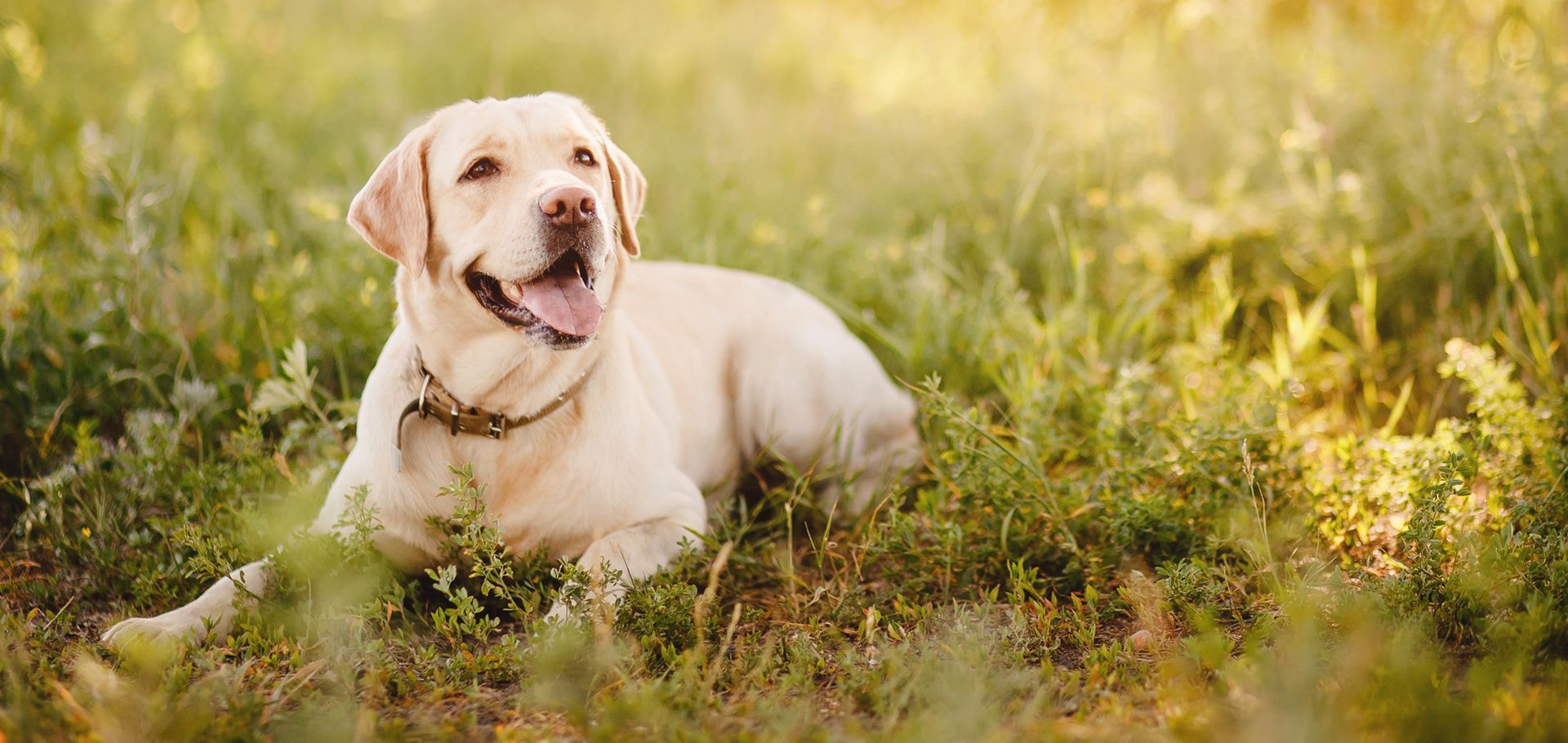
When it comes to raising a healthy and happy puppy, vaccinations play a crucial role. These shots help protect your furry friend from various potentially deadly diseases. As a responsible dog owner, it’s important to get the necessary vaccine shots for your puppy within the first few weeks of getting them.
So, how many shots does a puppy need? What shots should be administered to them? These and many other questions are probably running through your mind as you want to ensure that your pup stays healthy and free from infections and diseases.
In this guide, we'll explore the various shots your puppy needs, when they should get them, and how much these vaccinations typically cost.
Which Shots Does Your Puppy Need?
Every puppy must receive a set of core vaccines,
according to AAHA. These
core vaccines are distemper, parainfluenza, hepatitis, rabies, and parvovirus. Learn more about each disease or virus below so you can be a responsible and informed dog owner!
Distemper
Distemper is a highly contagious viral disease that affects a puppy's respiratory, gastrointestinal, and nervous systems. Vaccinating your puppy against distemper is crucial so that your pup’s well-being isn’t compromised.
Parainfluenza
If you’ve heard of the “kennel cough,” parainfluenza is one of the viruses responsible for it. It’s a common respiratory disease found in dogs. Getting a vaccination for this virus will prevent your puppy from experiencing this uncomfortable condition.
Hepatitis (Adenovirus-2)
Hepatitis in dogs can lead to severe liver disease and other health issues. This virus targets your pup’s liver, spleen, lungs, kidneys, and eyes. Vaccinating against adenovirus-2 is essential for protecting your puppy from this ailment.
Canine Parvovirus (CPV-2)
Canine Parvovirus, commonly known as “parvo,” is a highly contagious disease for all dogs but is especially fatal in puppies. It affects the gastrointestinal tract and can be transmitted through direct contact. If you have a puppy that’s a few weeks old already, getting a vaccine for this is very crucial in order to prevent acquiring this virus.
Rabies
Rabies is a zoonotic disease that poses a threat to both animals and humans. The virus is secreted in the saliva. In most places, rabies vaccination is a legal requirement for dogs and is essential for your puppy's health and safety. There is no cure for rabies, so regular vaccines are necessary to ensure your pup’s safety.
Non-core Vaccines
Now that we tackled the core vaccines, here are non-core vaccines that may be recommended for pups and dogs with noticeably weaker immune systems. Your vet may recommend these vaccines depending on your puppy's lifestyle and location.
Leptospira
Leptospirosis is a bacterial infection that can affect both dogs and humans. It is transmitted through contact with contaminated water or soil, making it important for puppies in certain environments.
Lyme Disease
Lyme disease is transmitted through ticks and can lead to serious health issues. It’s transmitted through an infected tick’s bite. Pups and dogs with this disease will have a loss of appetite, swelling of joint and lymph nodes, and fatigue. If you live in an area where Lyme disease is prevalent or an area with a high risk of tick exposure, your puppy will benefit from this vaccination.
Rattlesnake
In regions with venomous snakes, a rattlesnake vaccine can provide protection in case of a bite, although it doesn't replace immediate medical attention. Getting a rattlesnake vaccine is helpful for dogs because it allows them to build antibodies that will neutralize the venom, extending the timespan of you bringing your dog to the emergency room. This increases their chances of survival.
Canine Influenza
Canine influenza, or “dog flu”, is a contagious respiratory infection. There are two strains of the virus identified in the US: H3N2 and H3N8. The virus can be obtained from droplets that contain respiratory secretions from other dogs barking. If your puppy frequently interacts with other dogs, then this vaccine will be highly recommended.
Giardia
Giardia is a parasitic infection that can cause gastrointestinal upset. This parasite lives in dogs’ intestines and typically infects puppies or senior dogs. Dogs with Giardia often go through weight loss, experience diarrhea, or can pass away. Depending on your puppy's risk factors, this vaccine may be suggested.
Coronavirus
Canine coronavirus is a contagious intestinal infection in dogs. It differs from how the virus affects humans. It typically impacts a dog's gastrointestinal system but can also lead to respiratory infections. Puppies are more likely to contract this disease so vaccination may be recommended in certain circumstances.
Bordetella
Bordetella, also known as kennel cough, is highly contagious among dogs in close quarters. This vaccine may be necessary if your puppy spends time in boarding facilities or around other dogs.
When Should Your Puppy Get Shots?
The timing of puppy vaccinations is critical. Most puppies start their vaccination series at around 6 to 8 weeks of age and continue with booster shots every 3 to 4 weeks until they are 16 weeks old.
The vet will assess your puppy’s health, weight, age, etc., and determine their best and safest vaccine schedule. There are some fur parents who prefer getting multiple shots for their puppy in one visit so that there’s less stress on their furbaby, while others would want to spread the shots out to lessen the possibility of getting soreness and side effects.
When it comes to rabies, it’s usually administered by the time your dog is 3 to 6 months old.
How About Booster Shots?
After the initial puppy shots, your dog will need booster shots throughout their life to maintain immunity. The frequency of these boosters varies depending on the vaccine and your dog's lifestyle. Regular check-ups with your vet will ensure your pup stays protected.
Skipping booster shots puts your puppy at risk. Here are vaccines that require a booster shot:
- Canine influenza, Leptospira, and Lyme disease boosters: A month after the initial vaccinations, then yearly.
- DHPP booster: Every two weeks, totaling three sets, and then every three years.
- Rabies booster: Ranges from one to three years after the initial set, but this will depend on your state.
- Bordetella booster: Yearly (If there’s a concern, then every six months)
How Much are Puppy Shots?
The cost of puppy shots will vary depending on which vaccines are needed. On average, you can expect to spend a few hundred dollars on puppy shots. Consider it an investment in your puppy's long-term health and well-being.
You can send us an inquiry for a general quote of our vaccination fees.
Get Your Puppy Vaccinated at Brewerton Animal Hospital
At Brewerton Animal Hospital, we know puppy vaccinations' importance. Our experienced veterinarians will assess your puppy's specific needs and provide a personalized vaccination plan.
Schedule an appointment with us today and ensure your furry friend gets the protection they deserve. Your puppy's health is our priority.
New patients are welcome, too!
MORE FROM THE BREWHA BLOG




